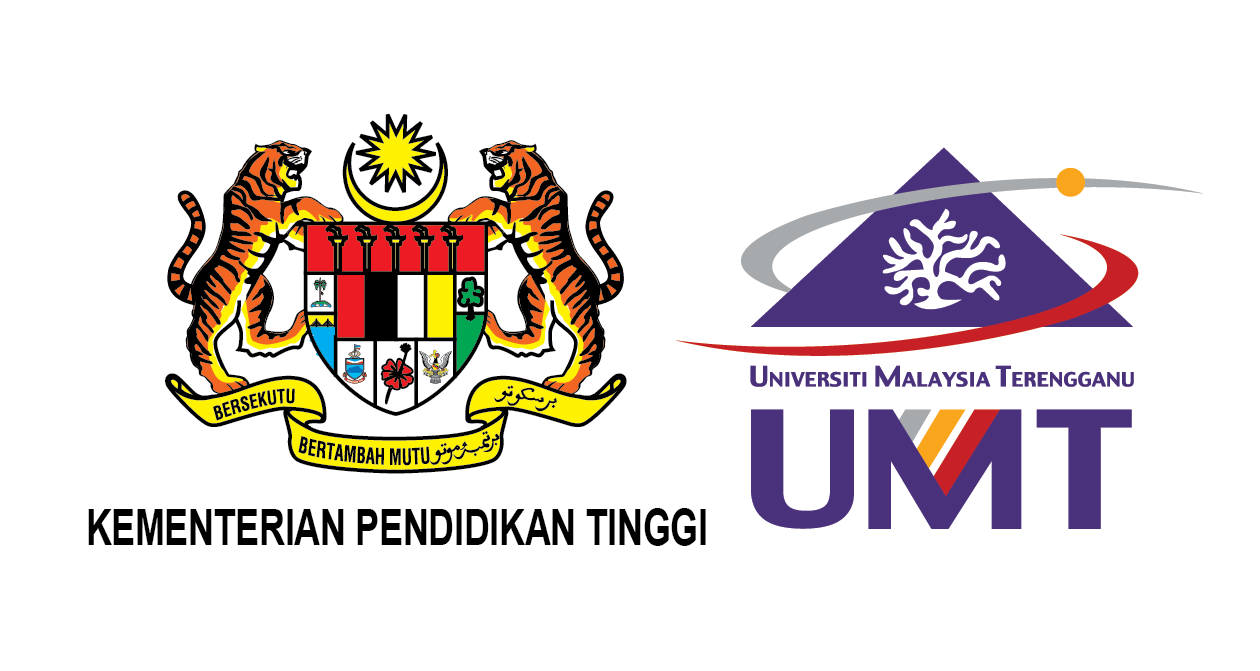Please use this identifier to cite or link to this item:
http://umt-ir.umt.edu.my:8080/handle/123456789/10974Full metadata record
| DC Field | Value | Language |
|---|---|---|
| dc.contributor.author | Nurul Atiqah Jafri | - |
| dc.date.accessioned | 2018-11-29T02:23:32Z | - |
| dc.date.available | 2018-11-29T02:23:32Z | - |
| dc.date.issued | 2013 | - |
| dc.identifier.uri | http://umt-ir.umt.edu.my:8080/xmlui/handle/123456789/10974 | - |
| dc.description.abstract | Sea turtle population had decreased globally and facing serious extinction. There are many factors that lead to this situation. One of the factors is predation of sea turtle eggs and bacterial infection which can disrupt the embryonic development of turtle eggs. Because of that, this study was conducted to investigate which bacteria species exist in the rotten eggs. This study was conducted at Chagar Hutang Turtle Sanctuary, Redang Island with objectives to identify bacteria in rotten Green turtle ( Chelonia mydas) eggs. The rotten green turtle egg samples from Chagar Hutang, as well as sediment sample from the egg chamber were brought back to the laboratory for further analysis and identification. All bacteria isolated were regularly cultured on nutrient agar. The l 6S rRNA cloning via Polymerase Chain Reaction (PCR) was done to amplify the target region and the sample was sent to 1st Base Sdn. Bhd. for DNA sequencing. Sequencing results revealed four species of bacteria from rotten egg and sediment samples. These bacteria were identified as Escherichia coli, Pseudomonas aeruginosa, Vibrio hepatarius and also Klebsiella pneumoniae. All these bacteria are known to be pathogen to human and may interfere with the embryonic development of green turtle eggs. Bacteria that present in the sediment might enter turtle eggs through pores that present on the shells and cause infection to the developing embryo. The study will aid in providing valuable information on the occurrence of bacteria isolated from rotten eggs of green turtle and sediment sample of nesting sites and it will be a platform to provide better understanding of bacterial infection that may affect the hatching success of green turtle eggs. | en_US |
| dc.language.iso | en | en_US |
| dc.publisher | Terengganu: Universiti Malaysia Terengganu | en_US |
| dc.subject | LP 31 FMSM 2 2013 | en_US |
| dc.subject | Nurul Atiqah Jafri | en_US |
| dc.title | Identification of bacteria in rotten eggs of green turtle (Chelonia mydas) at Chagar Hutang, Redang Island | en_US |
| dc.type | Working Paper | en_US |
| Appears in Collections: | Fakulti Pengajian Maritim dan Sains Marin | |
Files in This Item:
| File | Description | Size | Format | |
|---|---|---|---|---|
| LP 31 FMSM 2 2013 Abstract.pdf | 890.44 kB | Adobe PDF | View/Open | |
| LP 31 FMSM 2 2013 Full Text.pdf Restricted Access | 5.39 MB | Adobe PDF | View/Open Request a copy |
Items in UMT-IR are protected by copyright, with all rights reserved, unless otherwise indicated.

